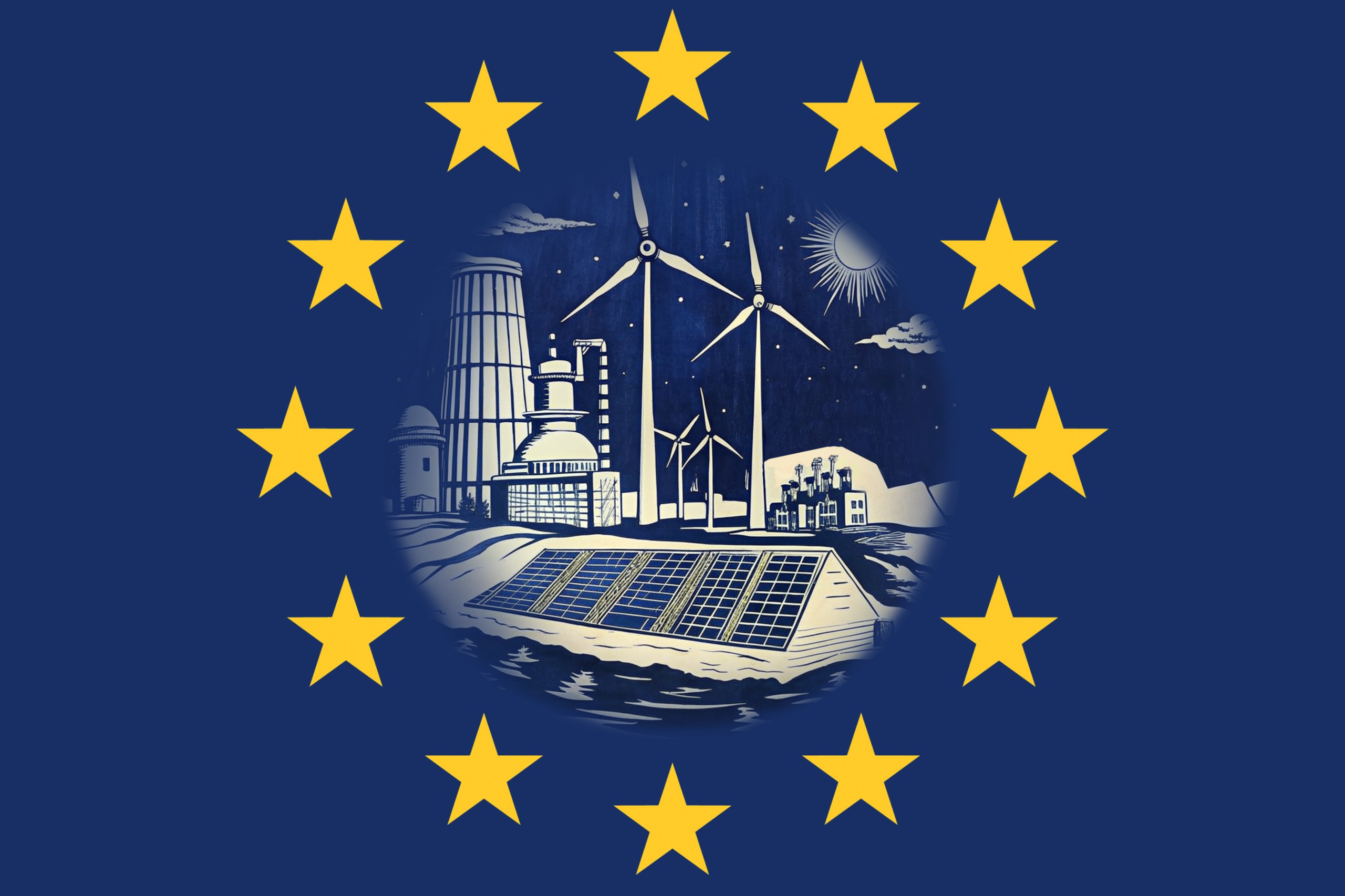- The European Council seeks to build a genuine energy union that guarantees clean energy.
- It is necessary to use all low-carbon solutions, as well as investments in networks, storage, and interconnections.
The European Council, the EU institution that defines the general political directions and priorities of the European Union, has presented its strategic agenda objectives for 2024-2029 this week. It aims to boost competitiveness and strengthen the EU’s sovereignty in key strategic sectors such as energy, to make Europe a technological and industrial power.
European leaders emphasize the need to create a stable and predictable framework; invest in large cross-border infrastructures for energy, water, transport, and communications; promote a competitive agricultural sector, and boost innovation capacity in emerging and dual-use technologies, that is, those that can be used for both civilian and military purposes.
Additionally, the Council’s agenda advocates for a substantial reduction in bureaucratic and regulatory burden, streamlining procedures, and improving legislation.
To boost competitiveness, European leaders are willing to strengthen the role of energy in the Single Market and provide a stable framework to encourage net zero investments. These work lines were already suggested by experts like David Robinson, a researcher at the Oxford Institute for Energy Studies, and Cristina Lobillo, the Director-General for Energy Policy at the EC, during the Foro Sella held in Aragón last May.
In turn, the EU will accelerate the energy transition with the goal of remaining globally competitive and thereby increasing energy sovereignty. The European Council will seek to build a genuine energy union guaranteeing clean energy. This will require more ambition to achieve electrification using all low-carbon solutions, as well as investments in networks, storage, and interconnections. All this aims to strengthen the economy, security, and reduction of external dependencies.
Among the conclusions of Foro Sella, these measures adopted by the Council to develop a Single Energy Market, protect industrial competitiveness, and make investments to support the energy transition towards electrification were already pointed out.
During the Foro, Cristina Lobillo pointed out that “we need a single energy market, which today does not exist in the European Union.” She also noted the need to “take measures to achieve the 80% electrification target we have for the year 2050,” and the key to achieving this is through “more renewables and more energy efficiency,” which must be developed in a way that “does not affect the competitiveness of European industry.”
For David Robinson, this bet by the EU is very welcome. “The great challenge is to reconcile the improvement of European industrial competitiveness with the energy transition and supply security. A key to achieving these objectives will be investment in technological innovation and new business models (especially with demand-side participation), supported by the European Union and the venture capital financial sector.”
Foro Industria y Energía is aligned with the 2024-29 strategy proposed by the European Council to defend the competitiveness of a decarbonized European industry in a global context, promoting the energy transition with investments and policies that provide legal security. The energy transition must consider the time required by each industrial sector to advance in its renewable electrification and promote the collaboration of all agents that are part of the energy-industry chain: competent administrations, the industrial sector, and civil society to achieve the strategic objectives within the proposed timeframe.

